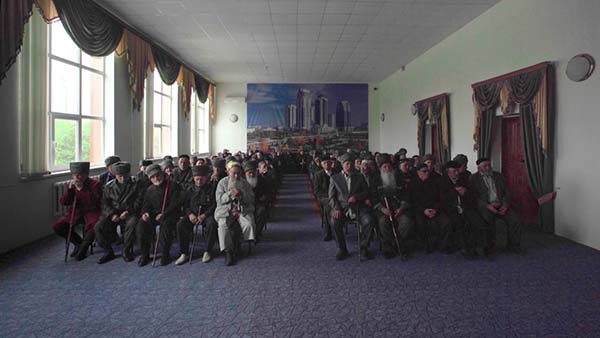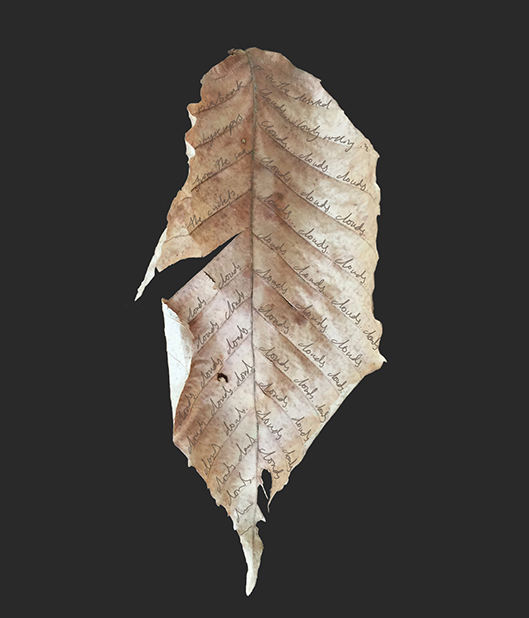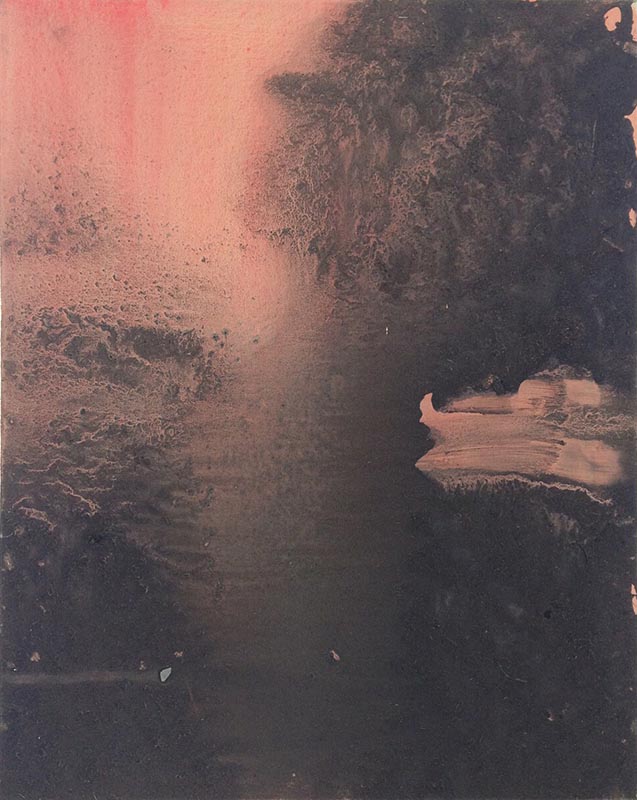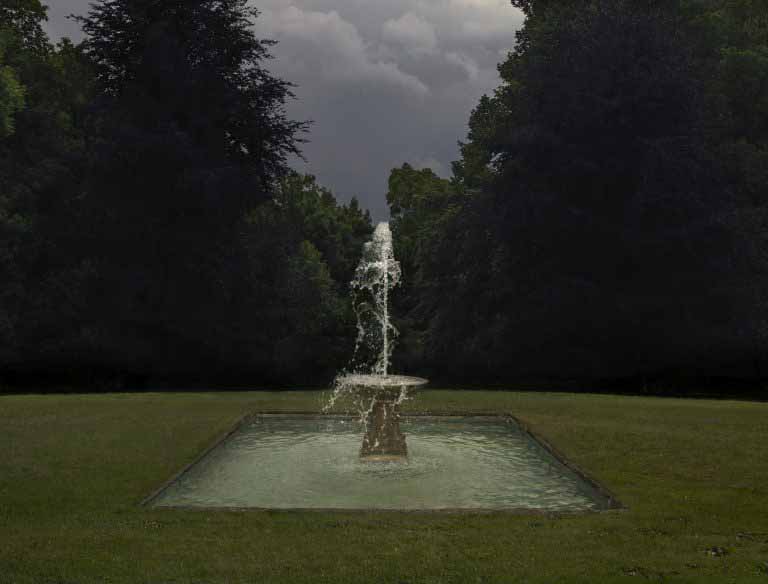One of many to-be-desired releases in Les Figues’ TrenchArt: Parapet Series (among others such as I Go to Some Hollow by Amina Cain and God’s Livestock Policy by Stan Apps), this special compilation of nine well-crafted short stories by German author Axel Thormählen exceeds any careful reader’s expectations—they are gems to be marveled. Though these stories are similar in tone and in literary design, the subject matter in which they investigate, explode or agitate is such that any receptive soul must harbor the ability to linger appropriately with each one, and a safe haven is needed for the reader to engage in Thormählen’s highly subjective, poetic fiction. Thormählen does not avoid uncomfortable subjects, and because of this, his fiction is—at times—philosophically cumbersome. His stories do not shy away from our mutually shared experiences, and they display internal worlds of his characters with a selective eye—keen in observation, precise in both their secular and otherworldly guises.
Each world is true, accessible and clean, providing us with the consolation that we often feel comparative sentiments towards life, living and sometimes death and dying—that some of us spend our lives searching for happiness, but only a few of us, like Thormählen’s ”happy man” Jochen (the word ”happy” in German in somewhat synonymous with ”lucky”) are privileged to have and to hold such a blessing. And yes, the few of us who have a tight grip on this sought-after emotional commodity, even they cannot explain where it comes from and what it wants from those who covet it. Just as perplexing as this concept of happiness is the recurring notions of absurdity and chance (in the midst of what might or might not be seen as natural milieus) that punctuate Thormählen’s stories. For example, in his story 23 December, the protagonist goes about his own business—initially undisturbed by what most of us consider to be society—searching for the loveliest of trees for the Christmas holiday, but he is interrupted, ambushed in a mysterious forest by strange figures probing with questions, having no answers for them in return. He is stumped by their tenacity, pushing him for answers in the midst of a winter void, for why would he know the answers to such questions, and why should they expect answers from a stranger? Questions such as: Have you seen my child? Have you got anything to drink? Don’t you recognize your Christel?
And as with life, we are often expected to give something we don’t have and we are placed in curious, unexpected situations like Thormählen’s endearing, kooky scenarios. Above all, it could be interpreted that Thormählen is interested in the transitory, the boundaries between language and expression, methods of release and catharsis, coping with what we have and what we can’t have—even though we are surrounded by beauty. Or in Jochen’s words: ”Nobody should search for the absolute, for perfection, because the quest will be unsuccessful and bring nothing but unhappiness.” And after all, as Thormählen writes: ”The happiness that has fallen to his [Jochen’s] lot and still does, how should he know whether there is a power that determines, or even distributes it? It happens, that’s all there is to it.” And much like happiness, sublime fiction “happens” as well—both inexplicable to those untouched by a muse.To see the review in context, click here.








